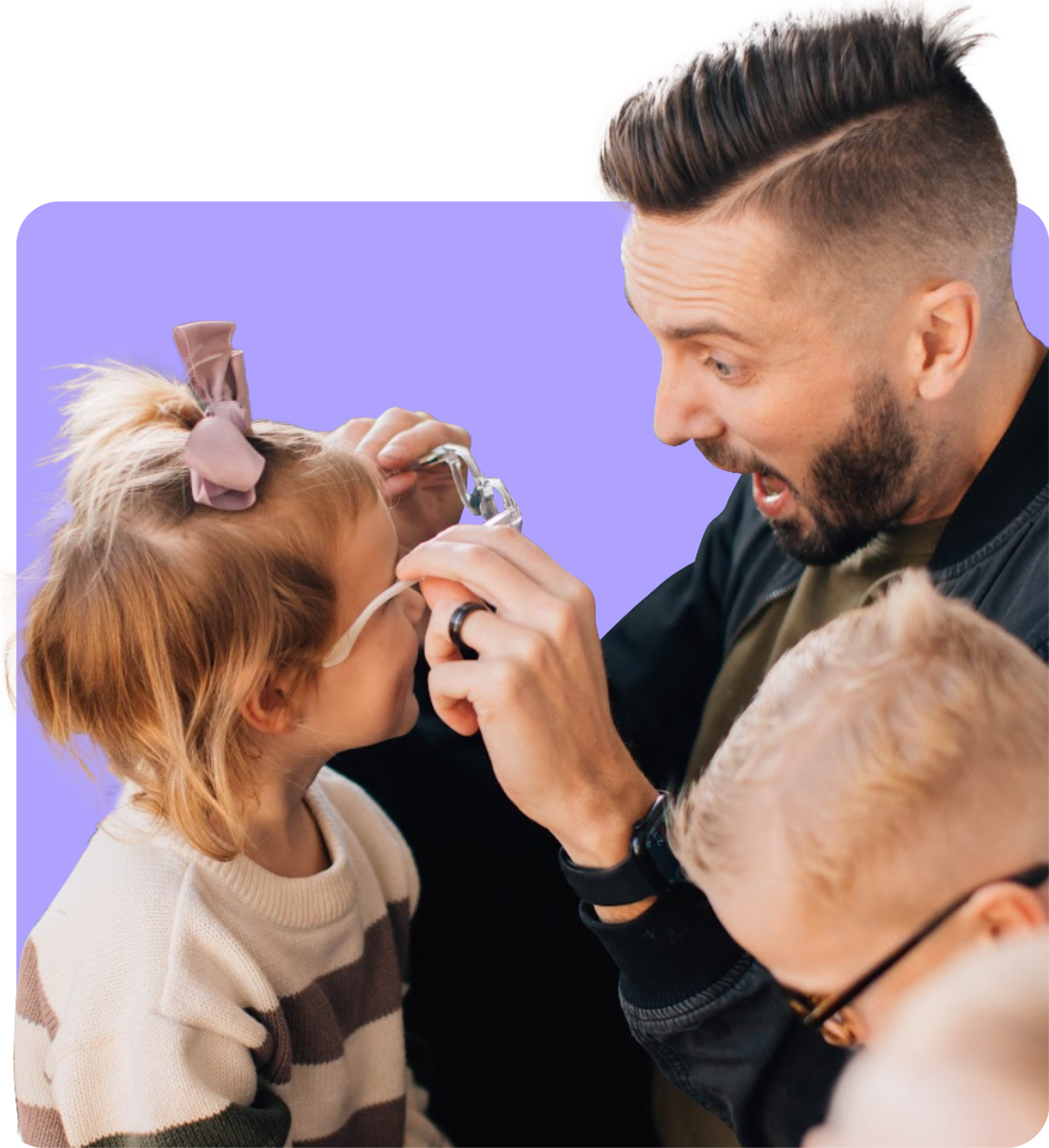Should You Get Your Child's Eyes Examined?
Vision health plays a significant role in your child's overall development. Optimal eyesight supports their learning, their discovery of the world around them, and their ability to connect with others. As such, one crucial question every parent needs to consider is, "How often should my child's eyes be examined?" Let's delve into this topic today and provide a roadmap for this important aspect of your child's healthcare.
The First Step: Infancy
The American Optometric Association (AOA) recommends that your child's first comprehensive eye exam should occur at six months of age. While it may seem incredibly early, this initial examination is a key step in ensuring your child's eyes are developing normally and can also detect any congenital eye conditions that may need to be addressed promptly.
The Essential Pre-School Exam
Before your child enters the exciting world of school, another comprehensive eye exam should be on your to-do list, preferably between the ages of three and five. This examination is crucial for detecting common vision issues such as strabismus (crossed eyes) and amblyopia (lazy eye) that could potentially impact your child's learning and development.
School Years: Regular Check-Ups
Once your child begins school, their eyes should be examined regularly to maintain optimal eye health and ensure any changes in vision are addressed promptly. If your child doesn't need vision correction, an examination every two years is recommended. For those requiring eyeglasses or contact lenses, an annual eye examination, or as recommended by your eye care professional, is best.
Symptoms to Watch For
While these age guidelines provide a useful framework for routine check-ups, you should also be observant of any signs that may indicate vision problems. If your child frequently squints, sits unusually close to the TV, has difficulty reading, rubs their eyes often, or complains of headaches, it's time to schedule an appointment with an eye doctor, regardless of when their last check-up was.
Making Eye Exams a Positive Experience
While this topic may seem daunting, making eye health a regular part of your child's healthcare routine from an early age can help normalize the process. Here are some ways to ensure a positive experience:
- Provide Reassurance: Explain what will happen during the exam and reassure your child that it's a standard part of maintaining their health, just like visiting the dentist or pediatrician.
- Include Your Child: If your child needs glasses, involve them in the selection process. Allowing them to choose frames that they like will make them more inclined to wear their glasses.
- Positive Reinforcement: After the examination, express your pride in how well they handled the visit. You might also consider a small reward such as choosing a new book or planning a fun family activity.
Regular eye examinations are essential for your child's development and academic success. By establishing a routine and making these visits a positive experience, you'll ensure your child enjoys the best vision possible and is equipped to engage fully in their world.
Stay tuned for our next blog post, where we'll discuss common eye problems in children and their treatments. Until then, take care of your little ones and their precious eyes!


